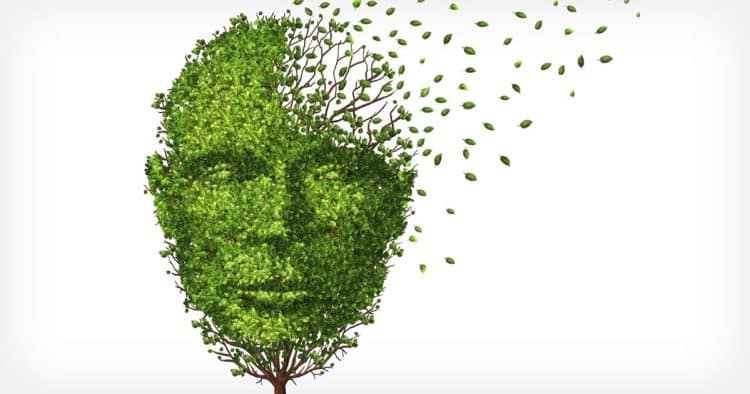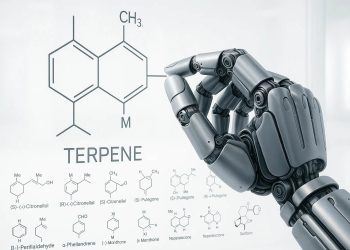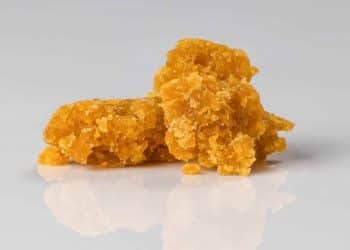The cannabis renaissance is a global movement. Cannabis is becoming a cherished household word instead of a soft whisper steeped in paranoia. For some, it’s a wonderful botanical relaxant. For others, it builds hope for a sense of wellness not yet achieved. The squashing of taboos isn’t just happening in everyday life. It’s also happening at the university level, which is a beautiful thing, since each stack of papers augments the body of cannabis literature describing what’s possible or not with this complex, intrinsic plant.
Terpenes and cannabinoids are demonstrating their medicinal gifts with stunning regularity. And since terpenes are universal in nature, the volume of science unfolding their power isn’t scant. Although many researchers have been restricted from helping unlock the mysteries of cannabis, tides are turning, times are changing, and scientists are licking hungry chops, eager to delve into the dreamy world of the trichome.
A 2018 study evaluated the individual and combined effects of delta-9-tetrahydrocannabinol (THC) and cannabidiol (CBD) on memory and psychoses. [1] The attenuation of effects induced by THC when CBD is also present has been previously reported. These findings include increased ability to recognize previously encountered things like events, objects, or people in chronic cannabis users [2]; the lessening of impairment from THC on verbal recall (e.g. remembering a written passage) [3]; and the reduction of symptoms from THC anxiety due to overconsumption. [4]
This study sought to build upon the foundation laid in the scientific literature by considering the effects of CBD and THC when inhaled. The researchers used THC, CBD, and THC + CBD to determine how these combinations would affect memory and incidence of psychosis. Each volunteer in the study received either 8 mg THC, 16 mg CBD, 8 mg THC + 16 mg CBD, or the placebo. The doses of these synthetic cannabinoids were administered using the Volcano Medic Vaporizer. [1]
Participants that received THC or THC+CBD demonstrated increased perceptual distortions and disorganized thinking. Dosing with THC or THC+CBD hindered working (current information in one’s mind) and episodic (information about past events/experiences) memory. Thus, the authors’ hypothesis that CBD would offset the psychotomimetic effects of THC wasn’t proven; CBD did not lessen the effects of THC, despite instances of this phenomenon in the literature.
Interestingly, the authors point to the mixed bag of studies that have demonstrated CBD’s ability or inability to pump the brakes on THC-induced problems like anxiety, paranoia, etc., saying “It may be the case therefore, that CBD is only protective when THC induces a strong psychotic reaction, which might be achieved by using higher doses of THC.” [1]
This study countered another study by the same authors where they found that smoking a cultivar rich in CBD did offset THC-induced memory impairment. [3] Pondering why this might be the case, the authors postulated that terpenes native to the plant might play a role. [1]
CBD used alone improved facial affect recognition (ability to decipher emotion from facial expressions) and lessened THC’s ability to inhibit this process. This protective ability, however, lessened with years of cannabis use. In other words, CBD’s ability to mitigate the effects of THC were thwarted over time.
A task where THC+CBD reigned supreme over CBD, THC, and placebo regarded the participants’ ability to name as many words in 60 seconds that started with a specific letter (you could try this one at home). “One possible tentative explanation is that CBD’s pro-cognitive effects combine with the ability of THC to stimulate novel thinking to result in successful task performance,” the study authors concluded.
Lastly, this study didn’t find any correlation between the common belief and author hypothesis that participants more susceptible to psychosis would be correspondingly prone to pro-psychotic effects from THC. [1]
Each study brings us deeper into our romance with cannabis. It’s a beautiful scene when scientists get gussied up for an evening out with cannabis samples and data and papers, continuously waltzing until the amalgam entwines in a striking display of science, medicine, and open-minded policy that maestros the dance.
References
- Morgan, C. et al. “Individual and Combined Effects of Acute Delta-9-Tetrahydrocannabinol and Cannabidiol on Psychotomimetic Symptoms and Memory Function.” Translational Psychiatry, vol. 8, 2018, pp. 181-190. [journal impact factor = 5.182; cited by 11]
- Morgan, C. et al. “Sub-Chronic Impact of Cannabinoids in Street Cannabis on Cognition, Psychotic-like Symptoms and Psychological Well-Being.” Psychol. Med., vol. 42, 2012, pp. 391–400. [journal impact factor = 5.641; cited by 101]
- Morgan, C. et al. “Impact of Cannabidiol on the Acute Memory and Psychotomimetic Effects of Smoked Cannabis: Naturalistic Study.” Br. J. Psychiatry, vol. 197, 2010, pp. 285–290. [journal impact factor = 7.233; cited by 170]
- Englund, A. et al. “Cannabidiol Inhibits THC-Elicited Paranoid Symptoms and Hippocampal-Dependent Memory Impairment.” J. Psychopharmacol., vol. 27, 2013, pp. 19–27. [journal impact factor = 4.738; cited by 195]
Image Credit: NextAvenue.org












